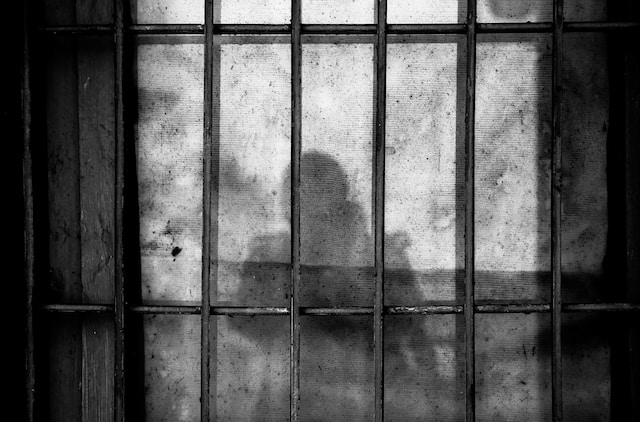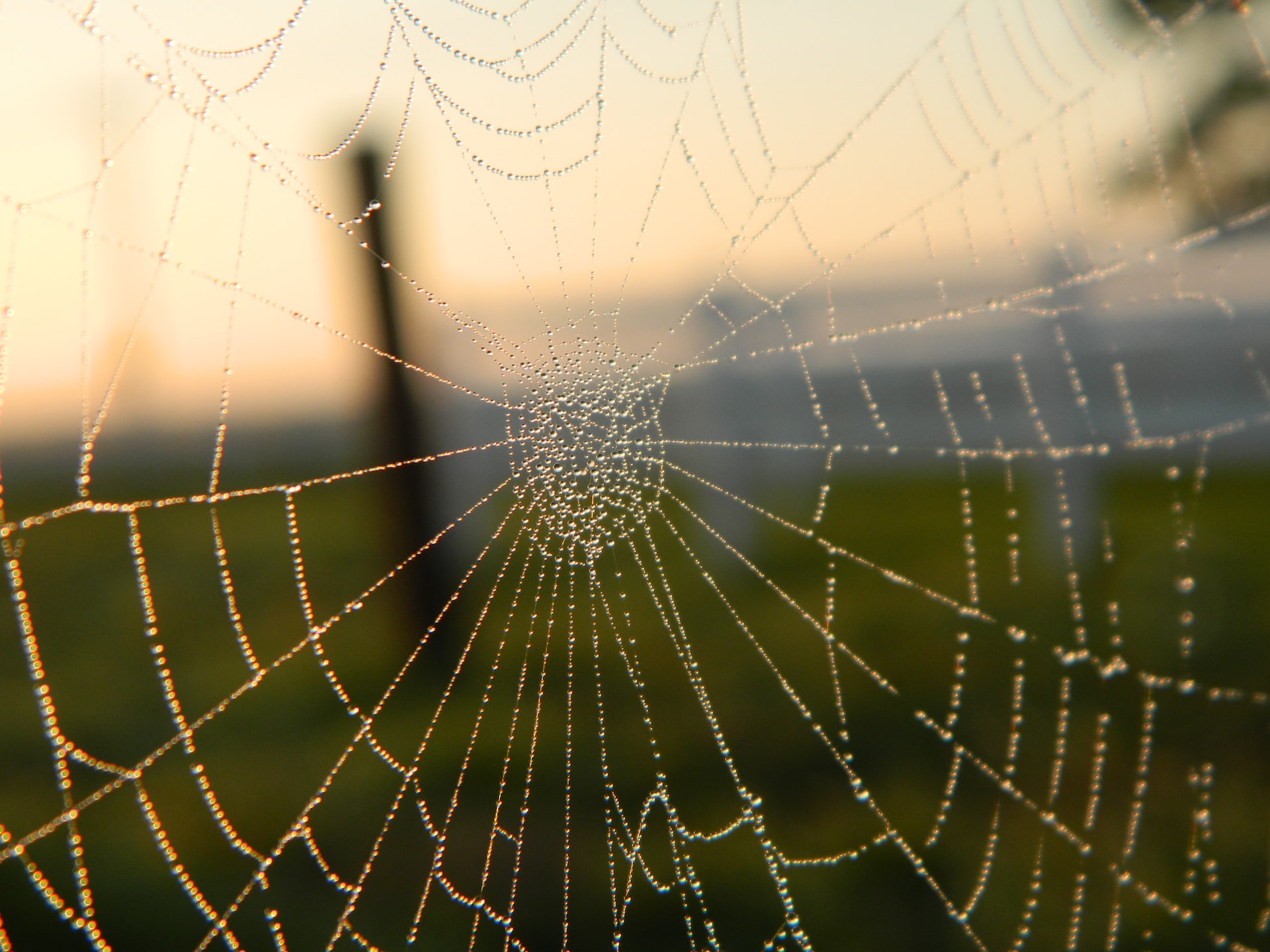Nelson Mandela spent 27 years in prison for opposing South Africa’s apartheid laws. Forced to do back-breaking work, cut off from the outside world on an island off the mainland, he could only receive one letter and one 30-minute visit, both highly censored, every six months. Despite his imprisonment, he eventually gained his freedom in 1990. 1
It’s easy to see freedom as a binary choice – in jail or out. And yet, it’s not, not really.
Freedom is a state we choose for ourselves.
You have choices
Binary choices are appealing because they simplify. In a complex world with a myriad of possibilities, choosing X or Y feels decisive.
Decisions create certainty. In contrast, it feels uncomfortable in the nether land between here and there. Thus, making a decision based on two choices moves you out of uncertainty.
The downside? Simplifying can reduce many ingredients into sausage casings of yes or no. Of course life is full of nuance so binary choices aren’t always ideal. Sometimes you need more sausage casings or different flavours to know what you want.
Think of the last time you took a multiple-choice test. Usually, you find one or two responses that could be the right answer and then you pick between the two. Notice, however, how those two responses (your binary choice) get highlighted precisely because of their contrast to the other options.
If you accept you have choice, you can never be imprisoned. The fact that you can choose means that you have free will. Free will means you are free.
Choice = Freedom
You can choose happiness or suffering, you can choose to connect internally and externally, or not. It’s up to you.
Freedom lets you expand, grow, and experience novelty. It connects you to others, as I discussed a few weeks ago when I distinguished “freedom from” which is about aloneness or separation and “freedom to” which is steeped in love.
Imprisonment
And yet, not everyone accepts free will and the role of choice within it. As such, they imprison themselves.
Imagine each limiting belief you hold as a prison bar you create for yourself. If you believe you can’t achieve X, then guess what? You won’t achieve X.
I’ve observed that most limiting beliefs revolve around the central theme of “not good enough.”

You can escape this prison of your own design, though, because you created it. By recognizing and addressing your limiting beliefs, what I refer to as your saboteurs, you break apart those prison bars.
Your inner voice – your Leader Within – will tell you what you need to know.
You are worthy. Period.
Nothing external can grant you worthiness. You must accept it for yourself. Your sense of worth comes from within.
A Special Note
You may be surprised to hear this, but not making a choice is a choice too.
While you may see it as a deferral or avoidance or unnecessary, recognize that these are the justification lies of the saboteur.
Not making a choice holds consequences: another bar in your prison. It results in a loss of your freedom.
Emancipation Through Connection

Mandela survived his imprisonment. Remarkably, he didn’t let his physical imprisonment limit his growth. When he was freed, he was ready to lead South Africa out of apartheid.
Did you know apartheid means “separate” in Afrikaans?
Mandela knew better. All humans are connected, not separate.
Your choices – binary, multiple choice, or non-choice – sit within a larger context.
Like a spider’s web, your choices impact others because everything is connected. What you do with one thread pulls another.
Do not mistake connection for imprisonment.
You are not imprisoned. You are free. You have worth.
Header Photo by Maddy Weiss on Unsplash, Photo by Ye Jinghan on Unsplash, Photo by Shane Rounce on Unsplash

